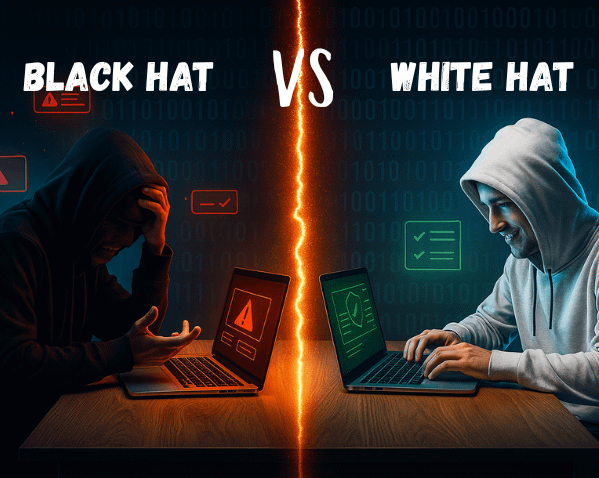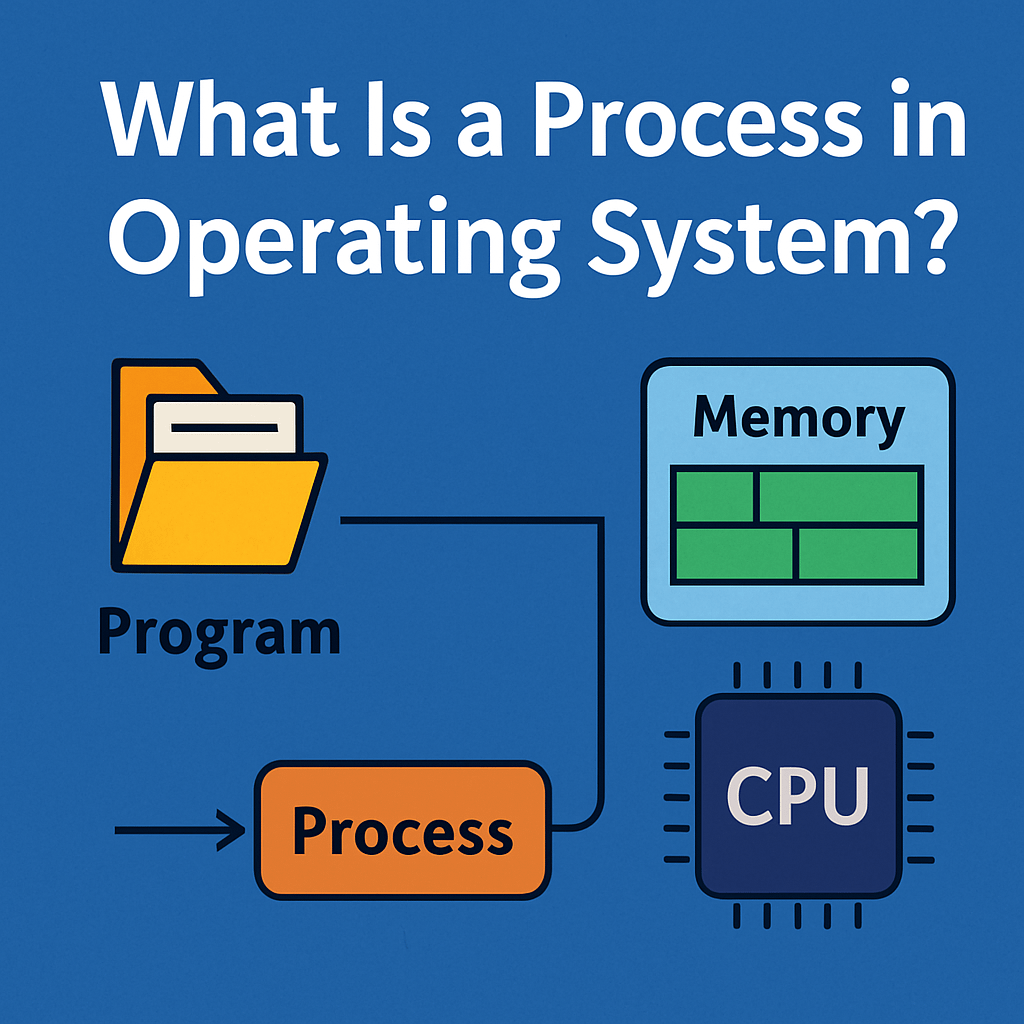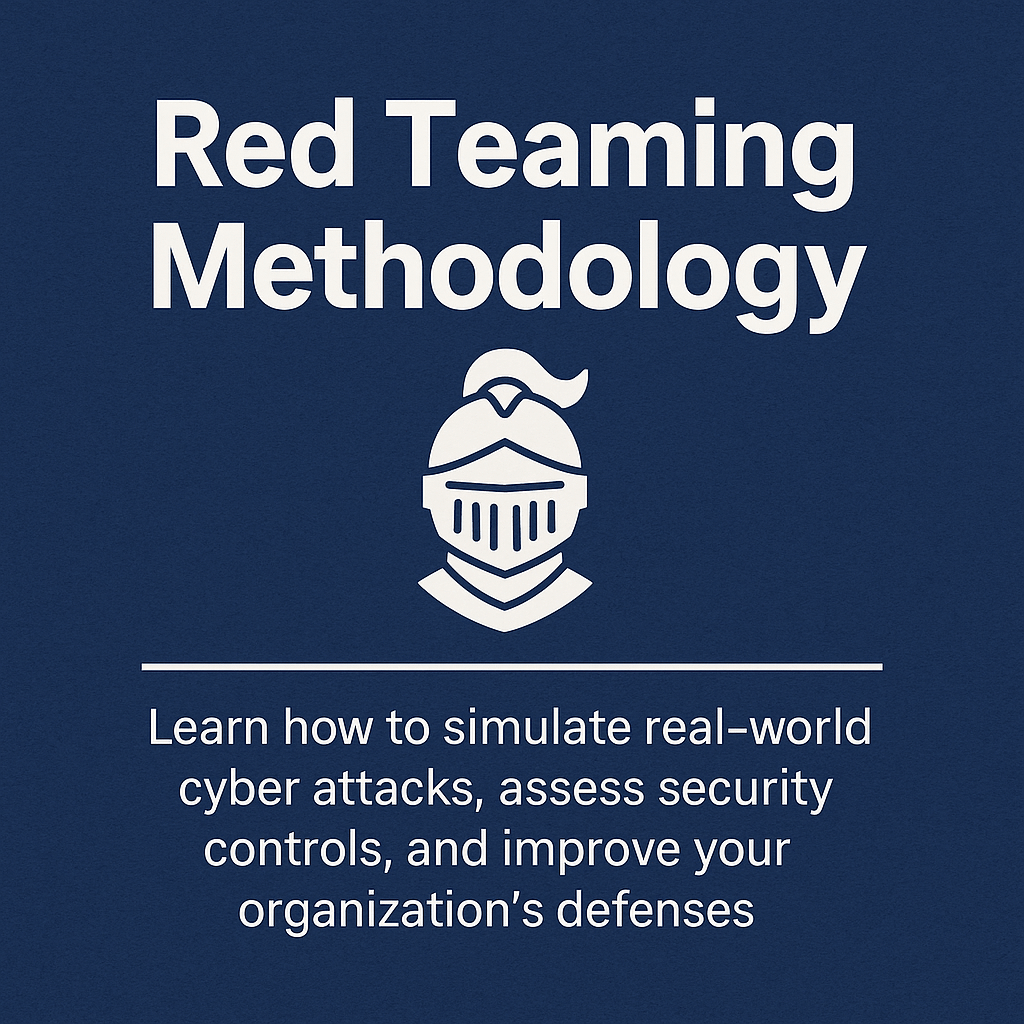Certified Ethical Hacker Guide 2025

Certified Ethical Hacker (CEH) is more than just a certification—it’s a professional identity in the ever-evolving world of cybersecurity. If you’re dreaming of becoming a digital defender in 2025, this guide will walk you through everything you need to know, from fundamentals to advanced strategies.
Table of Contents
ToggleWhat is a Certified Ethical Hacker (CEH)?
The Certified Ethical Hacker (CEH) is a globally recognized certification provided by the EC-Council. It certifies your skills in ethical hacking and penetration testing. Ethical hackers simulate cyberattacks to identify vulnerabilities, ensuring organizations can fix them before malicious hackers exploit them.
Why Become a Certified Ethical Hacker in 2025?
Rising Cyber Threats: With cybercrime expected to cost the world $10.5 trillion annually by 2025 (source), companies need defenders more than ever.
High Demand: Over 3.5 million unfilled cybersecurity jobs globally.
Lucrative Salaries: Average CEH-certified professionals earn between $90,000–$130,000 per year in the U.S. (source)
Skills You Learn with CEH Certification
Footprinting and reconnaissance
Scanning networks
Enumeration
Vulnerability analysis
System hacking
Malware threats
Sniffing, social engineering, DoS, session hijacking
Web application hacking
SQL injection
Cryptography

Who Should Take the CEH Exam?
IT security professionals
Penetration testers
Network security analysts
Risk management professionals
Aspiring ethical hackers

Certified Ethical Hacker Exam Details
Exam Code: 312-50
Format: Multiple choice
Duration: 4 hours
Questions: 125
Passing Score: 60–85% (variable)
Cost: $1,199 (may vary by region)
For detailed registration info, check the official EC-Council CEH exam page.
Training Options for CEH Certification
Self-paced training: Perfect for independent learners
Instructor-led training: EC-Council accredited instructors
Bootcamps: Intensive programs focused on hands-on learning
Online platforms: Explore courses on TryHackMe, Hack The Box, and Udemy
Tools Every Certified Ethical Hacker Should Know
Nmap – Network scanning
Wireshark – Packet analysis
Metasploit – Exploit development
Burp Suite – Web vulnerability scanner
John the Ripper – Password cracker
Aircrack-ng – WiFi security testing
For a full breakdown, read our Types of Ethical Hacking guide.
Job Opportunities After Becoming a CEH
CEH vs. Other Ethical Hacking Certifications
CEH vs. OSCP: OSCP is more hands-on and practical.
CEH vs. CompTIA Security+: CEH is more specialized.
CEH vs. PNPT/eJPT: These are affordable and practical alternatives.
For a deeper comparison, check this CEH vs OSCP guide.
Study Tips to Pass the CEH Exam in 2025
Use practice tests from Boson
Review EC-Council’s official exam blueprint
Watch YouTube tutorials by experts like The Cyber Mentor
Join Reddit communities like r/HowToHack
Final Thoughts: Should You Pursue CEH in 2025?
If you’re serious about a career in ethical hacking, the Certified Ethical Hacker certification is a solid launchpad. While it may not be the most advanced certification on the market, it’s widely respected and provides an excellent foundation for both beginners and intermediate professionals in cybersecurity.
As threats evolve and the demand for cybersecurity professionals grows exponentially, having the CEH credential in your toolkit not only boosts your credibility but also your employability. It bridges the gap between theoretical knowledge and real-world ethical hacking applications. Plus, with the rise of bug bounty platforms, freelance security gigs, and cloud security roles, CEH opens multiple pathways in the industry.
Don’t forget, certifications are just one part of your journey. Combine your CEH knowledge with continuous hands-on practice using labs like TryHackMe and Hack The Box, stay engaged with the cybersecurity community, and keep learning.
Already exploring types of hacking roles? Don’t miss our guide on Types of Ethical Hacking.







